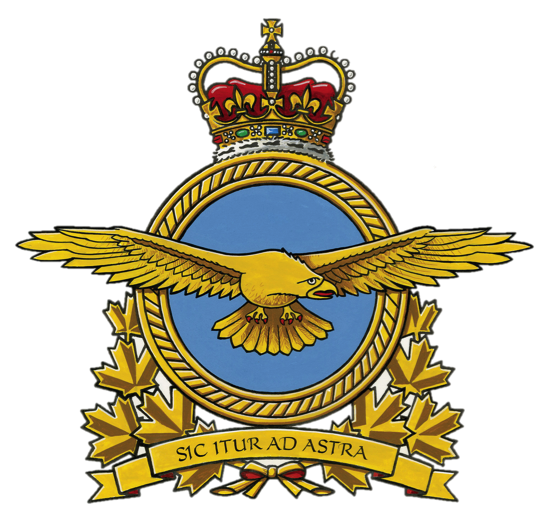The Gun Jumpers
On December 7, 1941, the Japanese military attacked the United States at Pearl Harbor, Hawaii, bringing America into World War II. According to popular culture, Japanese Admiral Isoroku Yamamoto stated, in attacking the U.S., “I fear all we have done is to awaken a sleeping giant and fill him with a terrible resolve.” There was already some evidence that Yamamoto was right, even if the Admiral didn’t know about it beforehand. Even before Pearl Harbor Day, thousands of young American men had taken to the skies, resolved to thwart Hitler’s goals. But to the United States, these men weren’t yet heroes — they were, arguably, dissidents. To join the war, they first chose to defect — to Canada.
Canada entered World War II on September 10, 1939, a week after Great Britain declared war on Germany. More than one million people served in the Canadian military during the war, a substantial amount especially given that Canada’s total population during the period was only around 11 or 12 million. (Yes, nearly 10% of the nation served in the military during the war.) Of the million or so who served, about 250,000 joined the Royal Canadian Air Force. Roughly 9,000 of those 250,000 were not, however, Canadian. They were Americans looking for a way to fight the Nazis despite their country’s efforts to remain mostly uninvolved in Europe’s war.
The letters of one of these 9,000 men, as reported by the Toronto Star, elucidates the motives behind his choice and likely those of many others. Tom Withers, who had gone to Toronto, felt that the United States and its interests were at risk. He wrote to his family back in Virginia that “he felt he had no choice but to join the Canadians, ‘since everything that I, as well as both of you, believe in is now in a very precarious position. And there is no question of serving Canada to the neglect of my mother country. He who serves Great Britain or any of its Dominions also serves the U.S. and vice-versa. Our differences are in arbitrary boundary lines only.’”
Those back in the U.S., though, did not look kindly upon these men’s actions. These men were called “gun jumpers,” likely a reference to the phrase “jumping the gun,” suggesting that everyday Americans saw these Canadian enlistees as overly eager to fight. The U.S. government was more direct, threatening to revoke the passports of anyone who fled to Canada to take to arms, an action which would have prevented any such soldiers, sailors, or airmen from returning home after the war. But for 840 of the men, such a threat didn’t matter whatsoever. Those men died in service to Canada, and in recent years, the United States has begun to recognize their sacrifices. In 2013, Virginia added a monument to its War Memorial honoring the sixteen gun jumpers originally from the state who died in the line of action in World War II. Unlike most of the others memorialized there, the names of these sixteen men are not adorned with just the state’s insignia, but also that of the Royal Canadian Air Force.
Bonus Fact: Admiral Yamamoto’s quote? There’s no evidence he ever said it. The line was first popularized by the 1970 movie Tora! Tora! Tora! and, following the chain of custody, leads researchers to less-than-compelling results. According to Wikipedia, the director of the movie claimed that the producer found it in Yamamoto’s diary, but the producer of the movie claimed that a screenwriter found the quote — and did so in a 1943 letter (written over a year after the attacks on Pearl Harbor) from Yamamoto to the Japanese Admiralty. The screenwriter, however, was unable to produce the letter or anyone else who recalled seeing it.
From the Archives: The Lost Canadians: How Canadian law resulted in the loss of a few citizens.
Related: Tora! Tora! Tora! on DVD. 4.7 stars on 391 reviews.

